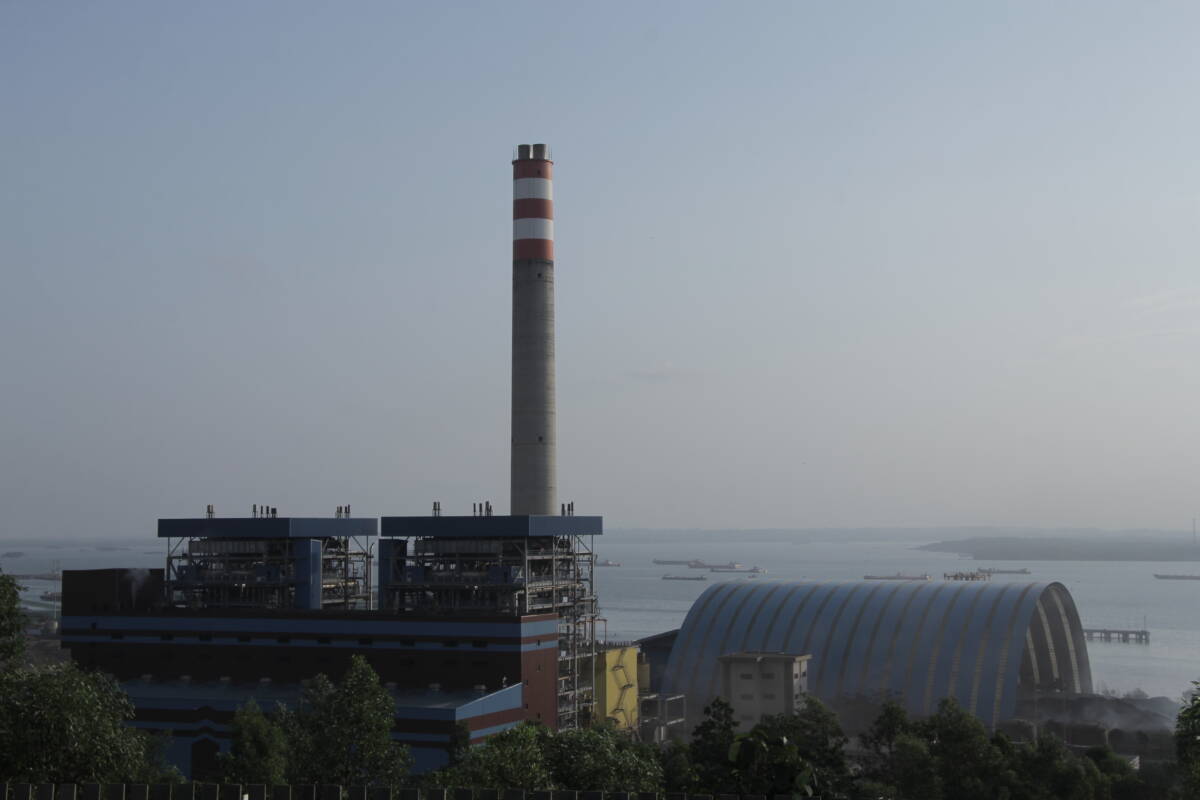Jakarta, 3 November 2023 – The Conference of the Parties (COP 28) will soon be held in Dubai, United Arab Emirates. One of the agendas for this annual meeting is to see the progress of global actions to deal with the climate crisis. In a public discussion held by the Foreign Policy Community Indonesia (FPCI) on Friday 3 November 2023, Marlistya Citraningrum, Sustainable Energy Access Program Manager, Institute for Essential Services Reform (IESR), explained that in anticipation of this annual meeting of world leaders, the new Indonesian Government just released the Comprehensive Investment and Policy Plan (CIPP) document and plan to announce the investment plan officially at the COP 28.
“Bluntly speaking, this document is quite disappointing because even though it promises a list of renewable energy projects, it is still very focused on large-scale renewable energy (base-load renewables) such as hydro and geothermal. Variable Renewable Energy (VRE) such as solar and wind is considered a high-risk project,” explained Citra.
Apart from the lack of support for VRE, Citra also highlighted the low commitment to early retirement of coal power plants. In the CIPP document, which is currently in the public consultation process, IPG countries are only willing to facilitate early retirement of 1.7 GW coal. In a draft document last year, the United States and Japan were initially willing to finance 5 GW of early retirement coal-fired power plants.
“In fact, to achieve the net zero emission target, Indonesia needs to retire around 8 GW of coal,” emphasized Citra.
The Director of the Environment at the Ministry of National Development Planning/Bappenas, agreed on the importance of increasing climate commitment and action, not only as climate action but also as part of development.
“In the draft RPJPN which is currently progressing, we are targeting our emission reduction target to increase to 55.5% in 2030 and 80% in 2045. This is a necessity to increase climate targets and ambitions,” said Medril.

